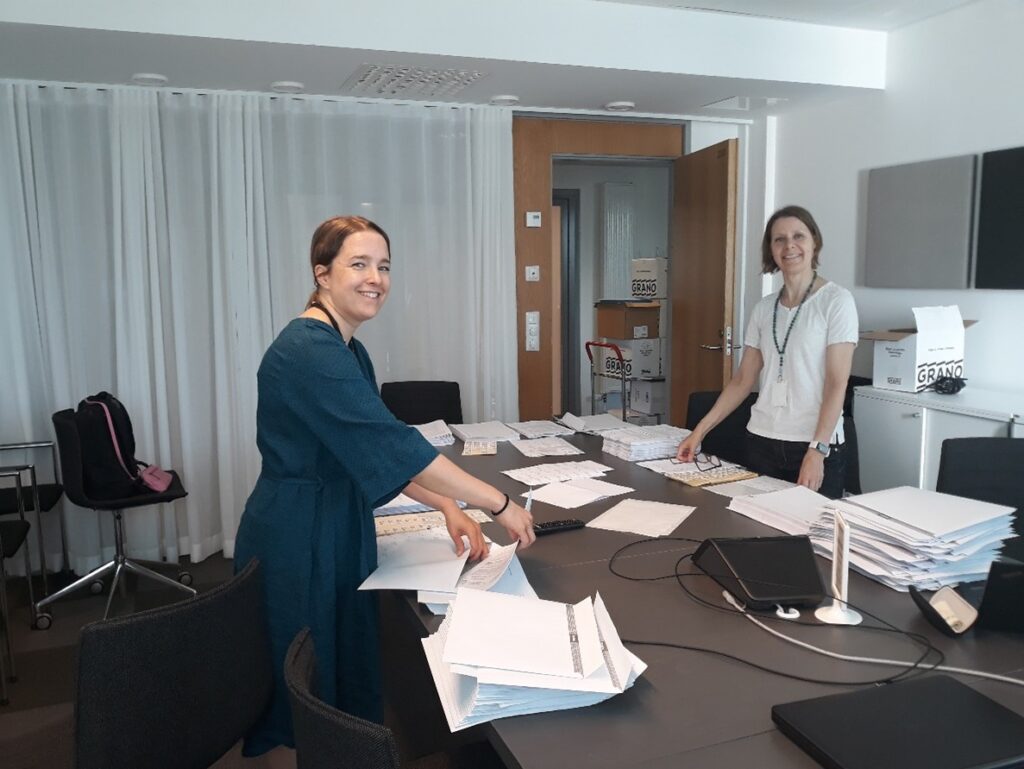The EU-FINGERS Consortium has launched a survey to monitor the SARS-CoV-2 (COVID-19) pandemic effects in older adults at risk of dementia, in terms of changes in lifestyle, behaviour, and mental wellbeing. Restrictions enforced in many countries during the COVID-19 pandemic may have both short- and long-term effects on the risk factors relevant for cognitive impairment and dementia, especially lifestyle (physical activity, diet, social interactions, etc) and factors related to vascular and metabolic health (hypertension, diabetes, etc).
In Finland, the COVID-19 pandemic occurred during the post-intervention follow-up phase of the Finnish Geriatric Intervention Study to Prevent Cognitive Impairment and Disability (FINGER), postponing the planned follow-up visit of the participants. The Finnish Institute of Health and Welfare, in collaboration with the University of Eastern Finland and Karolinska Institutet, prepared a postal questionnaire to investigated how the first phase of the COVID-19 pandemic affected lifestyles and other risk factors among the FINGER participants. The survey results can inform the planning of the care of older adults during the pandemic or similar circumstances, and can help to interpret the longer-term effects of the FINGER intervention.
Additionally, given the global scale of the pandemic, the survey used for the FINGER participants has been further developed and adapted to be used in other countries, and has been proposed to the other members of the EU-FINGERS Consortium, as well as to the WW-FINGERS Network.


